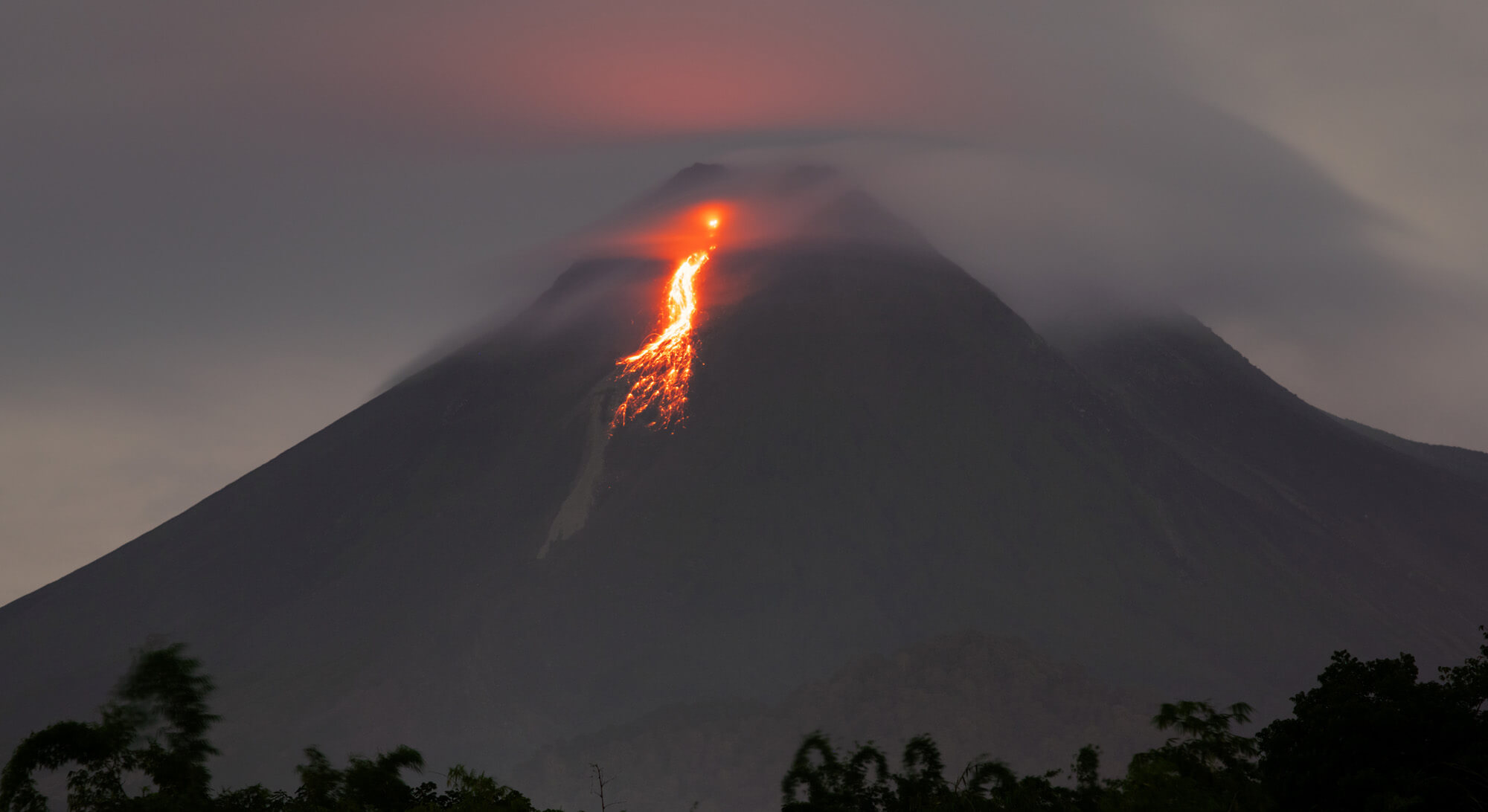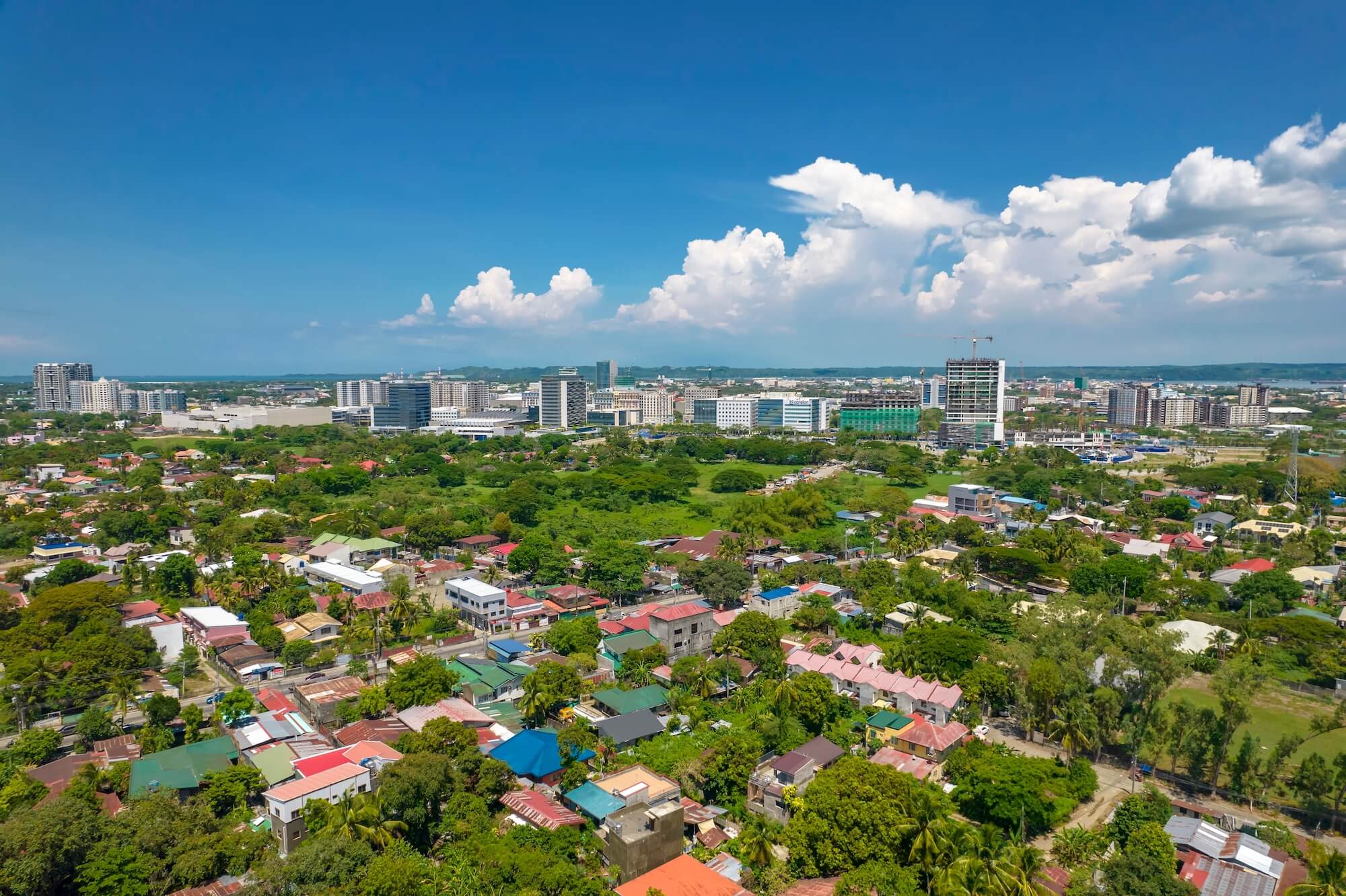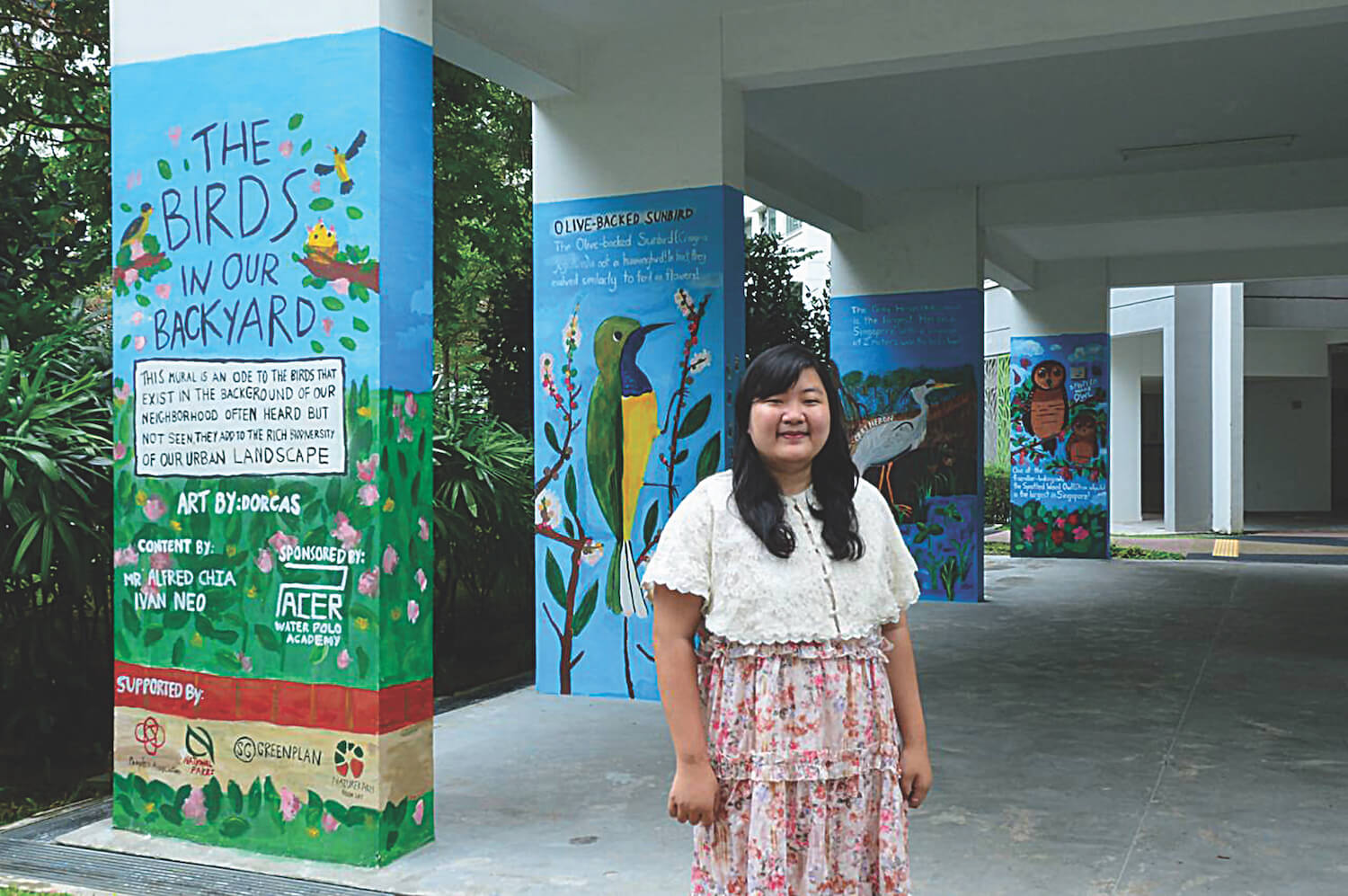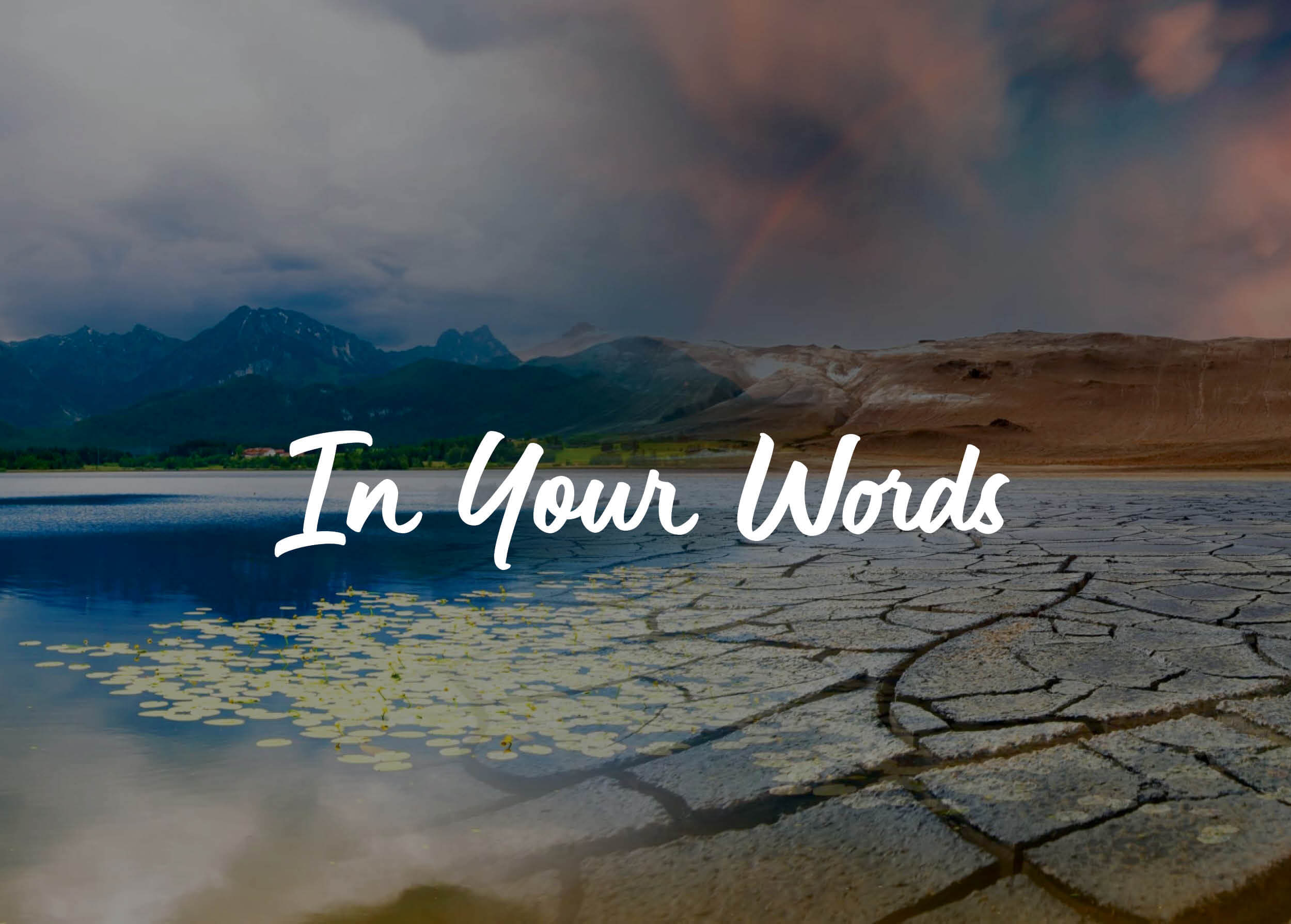



What will planet Earth look like in 20 years? How livable do you think it will be?

The livelihoods of people in ASEAN nations, heavily reliant on agriculture, income, employment, and export advantages, are under threat.
Our countries, each boasting a rich heritage of thousands of years in rice cultivation, have consistently ranked among the top nations in terms of exporting rice and other agricultural products. However, we are currently grappling with challenges such as drought and salinity intrusion.
Despite the rising awareness, a crucial dilemma persists. When we weigh the immediate monetary gains from direct profits, often without considering conservation efforts, against the investment required for restructuring production models and fostering sustainable development, the latter aspect tends to be overlooked.
I believe the crux of the matter lies not in the regulations and measures themselves, but rather in the tools and human resources involved. Different ages and generational backgrounds often lead to distinct attitudes. The younger generation possesses experiences and perspectives that make them more sensitive to these issues. As a result, the board that leads and plans projects about climate change should have at least 30 per cent personnel around these ages.

Looking ahead to 2043, I’ll turn 45 in November. I wonder if I’ll be fortunate enough to witness that future. The prospect of living in a deteriorating world is unsettling. I’ve always taken life day by day, setting goals and working towards them, hoping the fog lifts up little by little as time passes. But, the increasing environmental challenges make me question how having children now would be beneficial. I am scared to set them on a life that is unbearable and unlivable—I have no one but myself to blame.
Thinking of starting a family in such uncertain times weighs heavily. Conversations with my partner, Wan Hisham, reflect these shared apprehensions, and we know we’re not alone.
If the trajectory of “development” leads to frequent flash floods, extreme weather patterns, pervasive microplastics in our food, and further species extinction, then one must question: At what cost are we advancing? If there’s no community or livable environment left, what’s the purpose of such progress?
Overall, I advocate for a circular economy. Let’s start with centralised waste management systems—it may seem menial, but the potential is vast. Toxic emissions can be transformed into energy sources, aligning our human needs with environmental preservation. Perhaps from there, we can see more opportunities that set us on a more sustainable life to live. Adopting sustainable practices today can pave the way for a better tomorrow.

In two decades, without immediate intervention, Bac Giang’s distinctive topographies, particularly the mountainous belts, might undergo stark transformations. These regions, rich in biodiversity, serve as ecological reservoirs. However, they stand threatened by changing rainfall patterns, soil erosion, and shifting agricultural cycles. Cities globally might grapple with heatwaves or rising sea levels, but in Bac Giang, climate changes could disrupt the symbiotic relationship between nature and the ethnic communities relying heavily on it.

I believe that if we don’t act now, our planet will become inhabitable in 20 years. Climate change is already affecting us, and it worries me that it will only get worse if we don’t take action. Countries need to work together to address climate change and create policies that will protect the environment and the people living in it.

How the planet Earth will be in the next 20 years highly depends on the actions that we take today. If all of us are serious about our transition to a greener energy and sustainable economy, I am optimistic that we can live in a better Earth where we are powered by green energy, people drive electric vehicles because it is an environmentally friendly transport, and digital technology will further transform the way we live in a good way. However, the future will be different if we don’t do anything to address climate change and just continue with business as usual. Reports mentioned that the global sea level today is already four inches higher than it was in 1993. If global warming continues and the sea level continues to rise, the Earth will lose more islands, and if the ozone depletion continues to get worse, the air quality will also worsen and negatively impact our lives. But I am still more optimistic that we will have a better life because we have started our effort. PLN Indonesia Power has strong commitment and excellent environmental management and practices, and has managed to accomplish beyond mere compliance today and in the future.
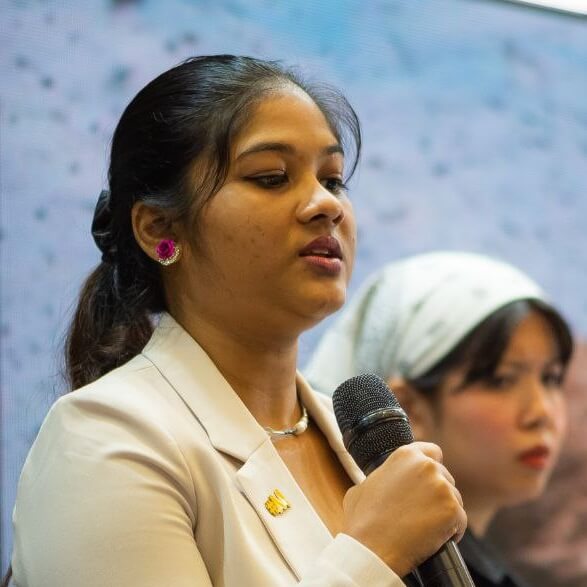
Future generations, who depend increasingly on processed foods, have their health worsened due to air pollution and uncontrolled environmental issues, and would undoubtedly have a lot of questions about how they would be able to survive in the future.
Malaysia is already feeling the effects of climate change, and things could get worse if we don’t act soon.
On the other hand, it is difficult to deny that knowledge of our planet and climate change has been shared and acknowledged across a variety of platforms and businesses and that these contributions have led to the development of solutions like e-bikes and hybrid cars. Furthermore, the UN, ASEAN, and other relevant associations can address the issue and implement more relevant policies, while encouraging other organisations to speak out. However, significant changes can only be brought about by having more countries come together. Therefore, we need to give young people greater chances to participate in bringing about change so that they can clearly see the problems we are currently facing.

The 20-year-old version of me finds it a little bit difficult to experience things I used to take for granted when I was 10. Living in Hanoi, where there are supposed to be four seasons a year, I was able to enjoy the cozy Tết holiday with peach blossoms blooming everywhere, summer vacations on the beach where the sun shone bright, chilly mornings with typical autumn vibes of Hanoi, and the joy of eating delicious phở amidst the winter breeze.
It’s hard for me to put everything in the past tense, but much has changed in the last decade. The weather is becoming more and more extreme every day, and I feel like I’m experiencing a loss. Much has changed in 10 years, and so it will in the next 20 years. I remain optimistic that in 20 years, planet Earth can be restored to a state similar to what I experienced in the past, but I know that this hope can only come true if every citizen of this planet works together towards environmentally friendly and sustainable development. Whether it is a tiny little action or a huge giant one, it is important that we act immediately, at the very moment. As the saying goes, “The best time to plant a tree was 20 years ago. The second-best time is now.”

Floods have become an annual climate disaster in Malaysia, with Klang Valley experiencing a devastating flood in 2021. Over 150,000 people were displaced, and more than 50 lives were lost. It’s clear that localised climate emergency response plans are essential to address these recurring disasters effectively.
I firmly believe that development and sustainability should go hand in hand. Last March, I attended the World Circular Economy Forum in Helsinki, Finland, where I learned about the effective strategies used by European cities. Implementing circular city designs and environmental projects can address climate change, reduce natural resource use, and minimise energy consumption.
Looking ahead, the circular economy presents an excellent approach to combat climate change. According to UNDP, these strategies could reduce global greenhouse gases emissions by 40 per cent by 2050. Key practices include sustainable production and consumption, improved waste management, carbon emission reduction, the elimination of single-use plastics, and regenerating nature. This is the path to a more sustainable and climate-resilient future. Since ASEAN implemented the regional framework on Circular Economy in 2021, few countries have to take up the opportunity to start adopting circularity approaches to combating climate change.

As a tour guide, I work outdoors frequently, and I experience these changes first-hand. Additionally, people with pre-existing medical conditions, like myself, will find the need to make adaptions to our daily lives in order to cope. Those who are already having a challenging time will find that things will get harder.

In 20 years, I envision a planet Earth that’s on the path to becoming a more sustainable and livable place. My optimism stems from the potential for a brighter ecological future, where communities and environmental advocates collaborate seamlessly with government bodies to achieve and protect the environment. A pivotal factor in this transformation is the leadership of indigenous peoples, who possess invaluable knowledge about safeguarding our natural resources.
By supporting indigenous-led initiatives and fostering their close relationship with government bodies, we can tap into their wisdom and deep-rooted connection to the environment. Their custodianship can guide us in preserving biodiversity, conserving precious ecosystems, and adopting sustainable practices.
While challenges persist, I believe that through unified efforts, improved policies, and a growing global consciousness about the environment, we can create a world where Earth thrives, offering a more livable and harmonious home for all its inhabitants. Together, we can build a greener, more sustainable future.

Cambodia is particularly vulnerable to the effects of climate change, including rising sea levels, heat waves, floods, droughts, and more extreme and unpredictable weather events.
However, there are some solutions that we can act on and work together to address climate change and make the Earth healthier for everyone. First, we need to stop utilising fossil fuels and make investments in clean, accessible, affordable, sustainable, and reliable alternative energy sources. Second, since plastics release greenhouse gases into the atmosphere during their whole lifecycle, we must lessen our impact on the world by using fewer plastic bags. Lastly, the simple thing we can do to make Earth a healthier place for everyone is to plant and protect trees because trees absorb carbon dioxide from the atmosphere and release oxygen, which helps to save the planet.

Assuming that we acknowledge our house is on fire, and governments and corporations are held accountable, we might have a shot at damping the magnitude of global warming. In the recent IPCC synthesis report, to ensure that global warming remains at 1.5 degrees Celcius, net carbon emissions must be cut down by 48 per cent from 2019 levels by 2030, translating into the decarbonisation of the economy and energy. But while solving these fundamental issues, it’s commonly overlooked how intersectional climate action is. I believe that the world will be more livable if we are strategic in our actions. We are at a turning point, and what we do now will impact the destiny of humanity. I am hopeful that this will be a reality one day, and I will cling to that hope until it is achieved.

Living in a province, I’ve seen how agricultural lands have been transformed into urban areas. What worries me about climate change is the prospect of flooding. Flooding in our community has a profound impact, affecting our access to basic necessities like clean water, crops, and it often results in the destruction of our homes and belongings. If we do not take decisive action now, there’s a real danger that the entire community might be overwhelmed by floods.
Countries can work together in addressing climate change through collaborative efforts through their respective governments, industries, educational institutions, and healthcare providers. These collaborations are vital for a comprehensive approach to tackling these multifaceted challenges.
What worries you about climate change and how will it affect you and your community, if we do not act now? How can countries work together to address climate change and make the Earth healthier for everyone?
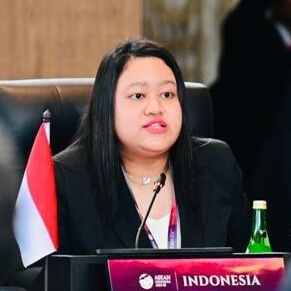
Seventy per cent of the northern Bandung area is home to more than 100 farmers. Hitherto, Bandung can reach temperatures beyond 30 degrees Celsius, which leads to drought and a devastating catastrophe for the local farmers as their main source of income is disrupted. This eventually interferes with the food security of local people since the majority of traditional markets and supermarkets take the vegetables and fruits from the local farmers in northern Bandung. Last but not least, drought has also brought water crises and scarcity to 10 areas of Bandung. That being said, I believe that countries can work together by strengthening multi-sectoral collaboration and enacting penta-helix partnerships to share technology and expertise, cooperate on research and development, enforce a stronger global carbon market, mainstream carbon offset programmes, provide financial assistance to developing countries, and invest in climate mitigation/adaptation initiatives.
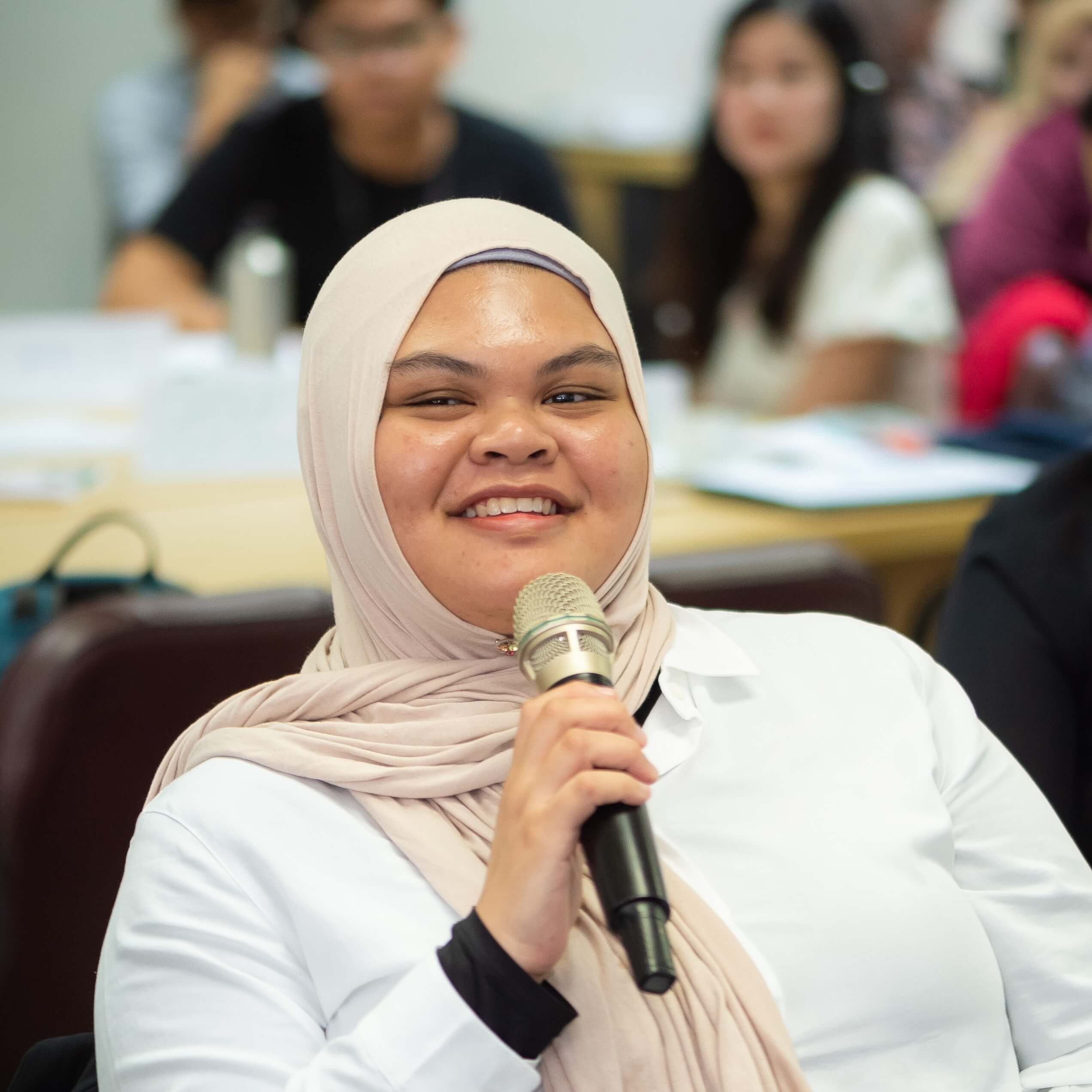
Climate change, as we know, will always happen naturally, but human factors made it happen more frequently and faster compared to the last Ice Age. It worries me that the effects of climate change, such as the frequent natural disasters, will take place and result in unfortunate events of basic needs deprivation for both myself and my community. To counter climate change issues, we must practice sustainable development and living that does not compromise the present and future generations’ needs, such as adapting the biomimicry of nature and emphasising the awareness of climate change so the Earth will be a healthier sanctuary for us to live in.
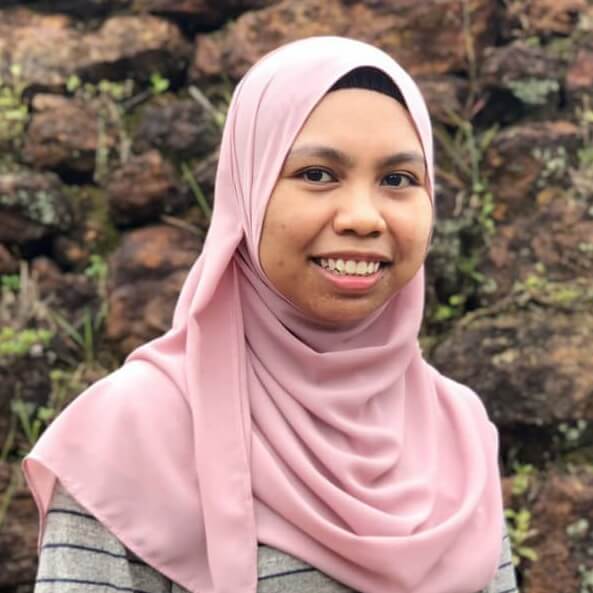
Climate change deeply worries me for its far-reaching consequences. In Malaysia, where I come from, the impacts are already evident through more frequent floods and rising temperatures. Prolonged inaction on climate change threatens our agriculture, biodiversity, and coastal communities. Addressing this challenge requires collective effort. Nations must collaborate, sharing technologies and best practices. We can promote green policies, incentivise eco-friendly innovations, and invest in sustainable infrastructure. Additionally, education and public awareness play a vital role in fostering a global culture of environmental stewardship. By acting together, we can reduce emissions, adapt to a changing climate, and ensure a healthier, more livable Earth for generations to come.
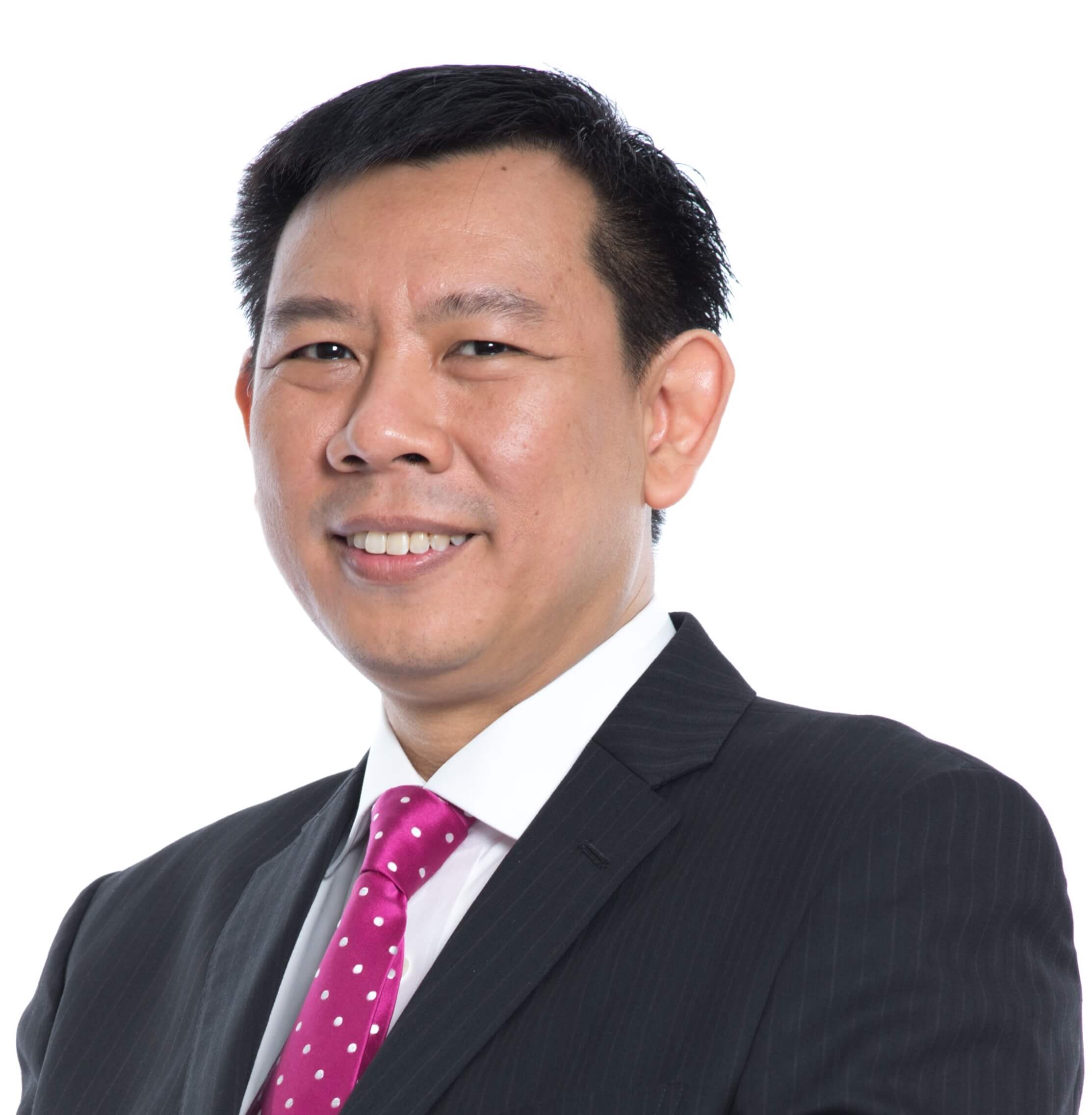
Climate change is real and its consequences will change our lives as we know it. It will cause physical damage, bring about food shortages, destroy the ecosystem, and cause economic and social instability. Fighting climate change is not easy as money is required and we cannot decarbonise overnight. As such, we need to manage an orderly, just, and affordable transition. ASEAN Member States have come together to drive the sustainability agenda. The efforts run the range, including collaborating to orient funding towards the region’s sustainability efforts, the establishment of the ASEAN Taxonomy for Sustainable Finance, and regional power interconnection. Developed economies need to support the emerging and developing economies in this transition. We are already running out of time. At the rate we are going, without more significant effort, we are on track for a 2.8 degrees Celcius temperature rise instead of the 1.5 degrees Celcius we are aiming to achieve. All stakeholders—governments, the private sector, civil society and academia must collaborate.

From a medical doctor’s perspective, the unfavourable impacts of climate change will directly and indirectly affect the health of the people globally, including my own community which I’m serving right now. For the current climate, we are already experiencing unusually hot temperatures that are getting hotter every day, fewer rainy days, and people tend to have indoor activities instead of outdoors in daylight. These factors increase the risk of heat-related illness, exposing vulnerable people such as the unhoused, older people, and young children, to heat stroke or heat stress. Besides that, there will be more health concerns arising apart from the fact that other sectors might be impacted. Health is a crucial pillar—it can make communities resilient, with an ability to adapt and mitigate the climate crisis effects.
To reverse the climate crisis and achieve climate recovery, collective action is needed. Every country can work nationally to reduce its contribution to environmental degradation by working seriously with the commitments that they have made during the annual COP or other high-level meetings. The global leaders should recognise their role as the upstream stakeholder and should be able to provide systematic solutions that also enable the downstream stakeholders, such as grassroots communities, to support it through their own capacity in enhancing efforts to reduce environmental degradation.

Coming from a low-lying island state, climate change is of immediate concern to me and my community. As the heat becomes increasingly unbearable (and air conditioning becomes increasingly unsustainable for the long run, not to mention the issues surrounding energy poverty with services such as air conditioning), our bodies may start to falter and weaken. The heat may worsen certain underlying conditions amongst the vulnerable (e.g. asthma) and also perpetuate vector-borne diseases such as dengue fever. All of these are extremely grave concerns that are inadvertently linked to rising temperatures. Even though they may not be as dramatic as catastrophic events such as earthquakes or typhoons, the potential long-term damages of heat-related health problems must not be underestimated.
To me, the first step to motivate global climate action is to think of ourselves not only as members of nation-states but also as inhabitants of planet Earth. We have much more in common than we think. Whilst not every country will experience the direct ramifications of climate change to the same extent, we will inadvertently experience some form of indirect effect through the social or economic domain. For instance, the climate change-induced impacts on financial markets—such as the shared process of carbon crediting mechanism—will be felt in every corner of the world. Therefore, the first step to motivate collective climate action is to think of ourselves as not simply as citizens of a country but also as citizens of the Earth.




